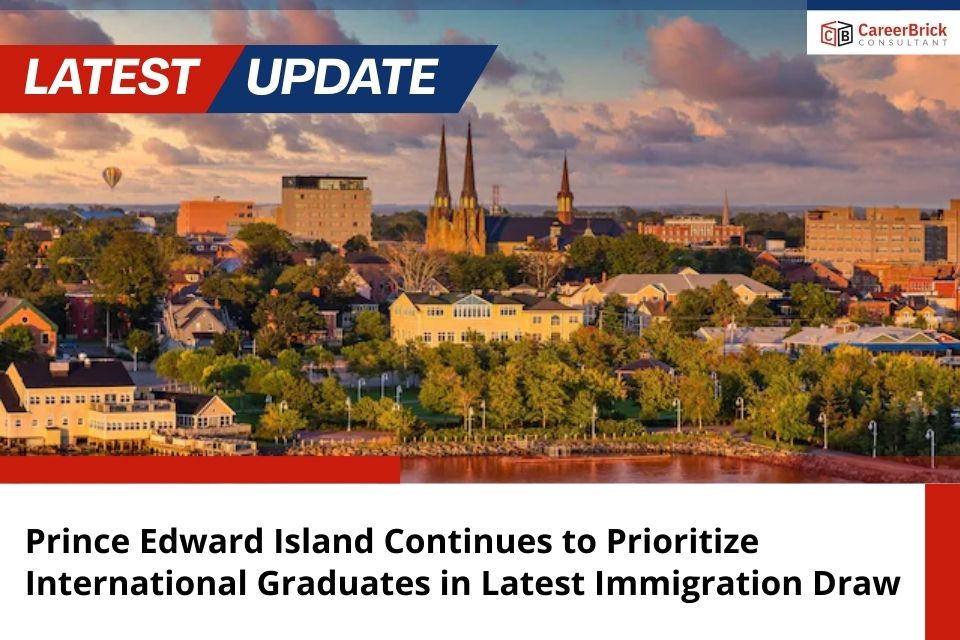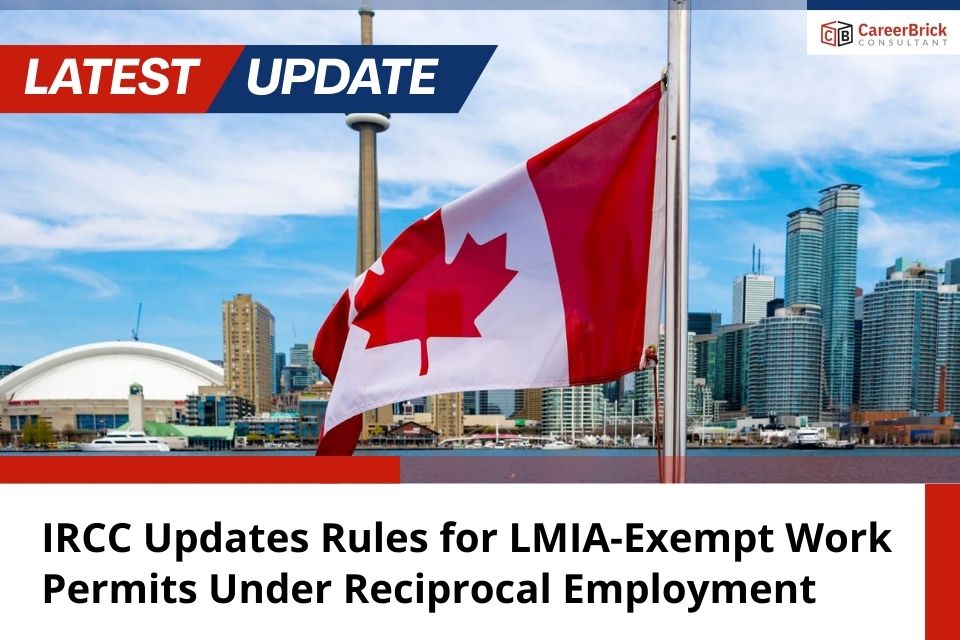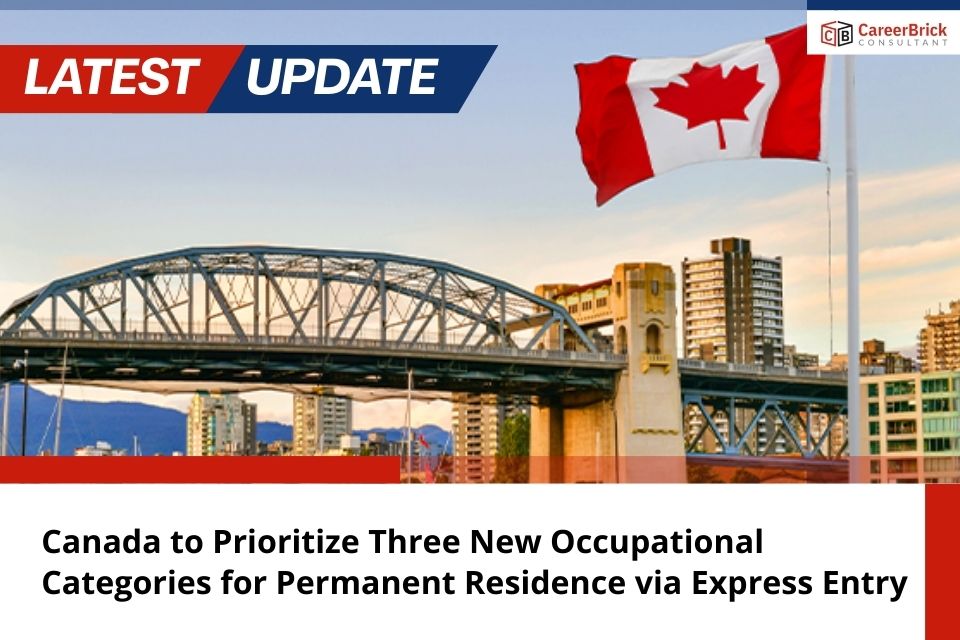As of October 31, Immigration, Refugees, and Citizenship Canada (IRCC) reported 1,056,100 applications in its backlog—a 3.73% decrease from the 1,097,000 applications recorded on September 30.
The total number of applications across all IRCC inventories stands at 2,406,000, with 1,349,900 currently being processed within service standards. This reflects a reduction from the 2,450,600 total applications and 1,353,600 being processed within service standards reported as of September 30.
Since May 2024, IRCC’s backlog had been steadily growing, making this the first month-to-month decline in several months.
What is a Backlog?
A backlog refers to applications that have surpassed the processing timelines outlined in IRCC's published service standards.
These service standards define the timeframes IRCC considers reasonable for processing various types of applications.
While IRCC strives to process 80% of applications within these timelines, the department acknowledges that exceeding the available spots for certain programs may result in delays, extending processing times for specific categories.
Permanent Resident Applications
As of October 31, IRCC's inventory included 830,300 applications for permanent residence.
Of these, 519,200 (63%) were processed within service standards, leaving 311,100 applications in the backlog. This inventory includes applications from Express Entry programs, Express Entry-aligned streams of the Provincial Nominee Program (PNP), and family sponsorship programs for spouses, partners, and children (excluding Quebec).
While IRCC doesn’t provide exact figures, it reported that 19% of Express Entry applications were in the backlog at the end of October, up from 17% in the previous month. This exceeds the projected backlog of 15% but remains within the service standard threshold of 20%.
For Express Entry-aligned PNP streams, the backlog rose to 25%, surpassing the projected 20%.
In contrast, the backlog for family sponsorship applications for spouses, partners, and children (excluding Quebec) remained steady at 15%, aligning with the projected backlog percentage.
Temporary Residence Applications
Out of 1,351,600 temporary residence applications, 644,900 (48%) were processed within service standards.
By program, the percentage of temporary resident status applications processed within service standards has increased, rising from 72% in September to 74% in October.
The backlog for study permits decreased to 33%, down from 36%, while the work permit backlog also saw a slight reduction, from 47% to 46%.
Citizenship Grant
Since November 2023, the backlog for citizenship applications has remained consistently within the target percentage. As of October, it stood at 17%, unchanged from the end of September.
How is IRCC Reducing the Backlog?
In October, the federal government unveiled the Immigration Levels Plan, which includes a reduction in permanent resident admission targets for the next three years.
The plan also outlines targets for temporary resident admissions in the coming years. Lower admission targets could help IRCC address its current backlog.
Additionally, IRCC has implemented various measures to streamline processes, such as conducting virtual citizenship ceremonies and introducing online portals for checking application statuses.
In October, Canada’s Federal Court introduced the Study Permit Pilot Project, aimed at expediting judicial reviews for rejected study permit applications. This initiative is expected to reduce wait times from 14-18 months to under five months.







